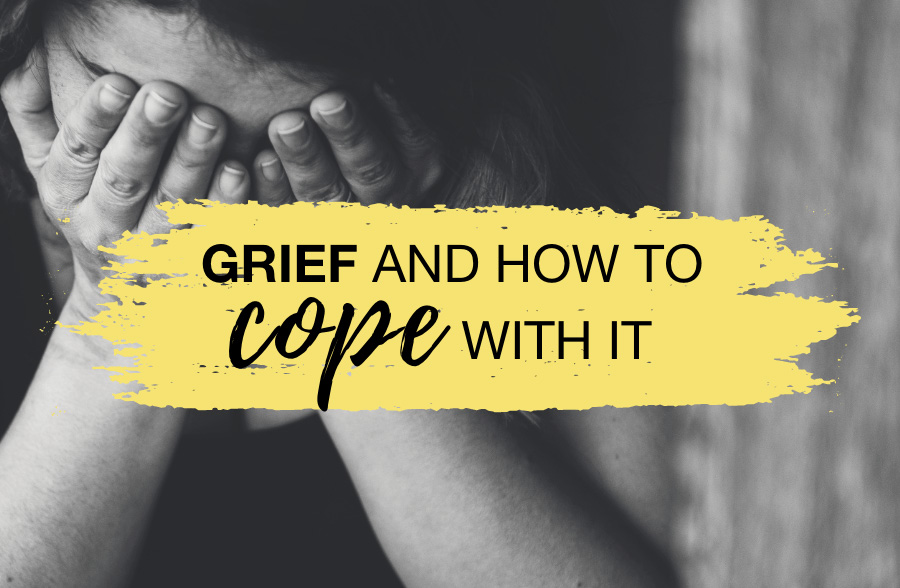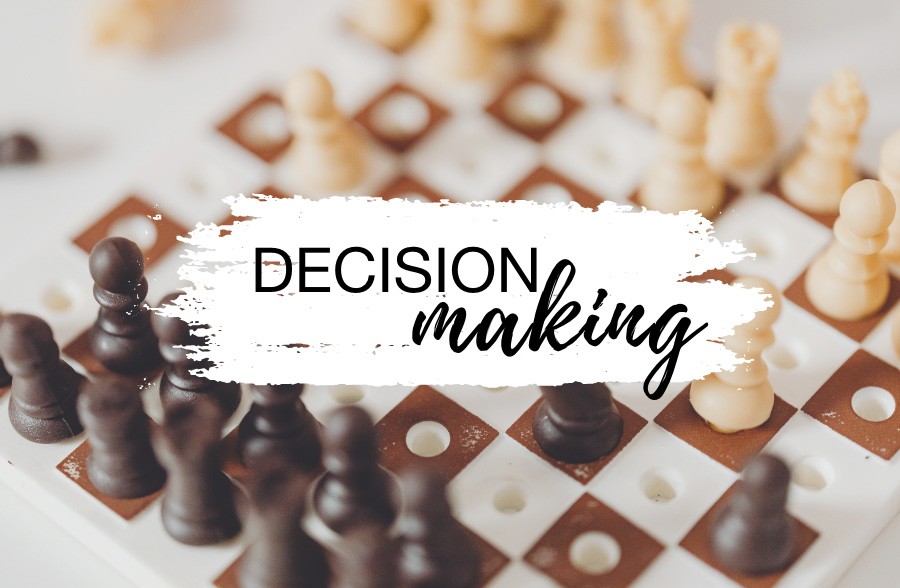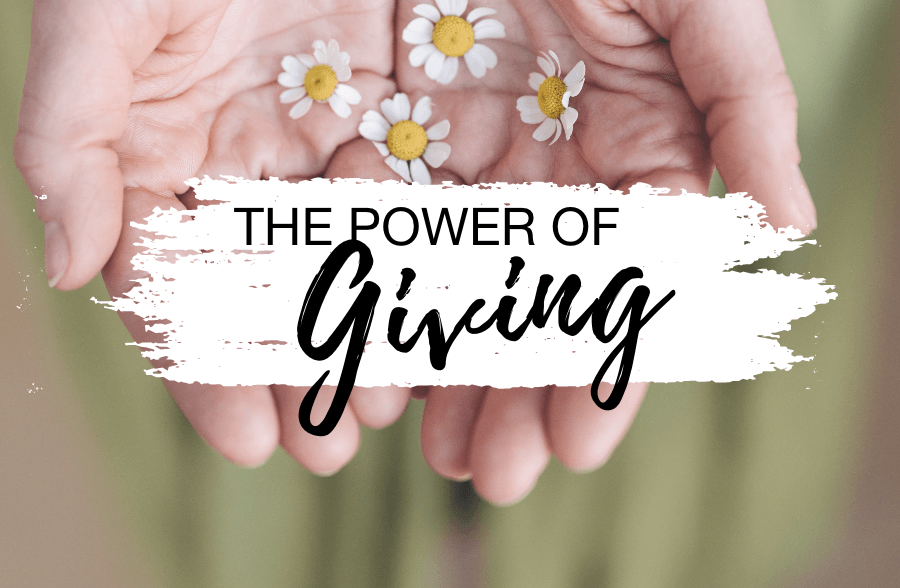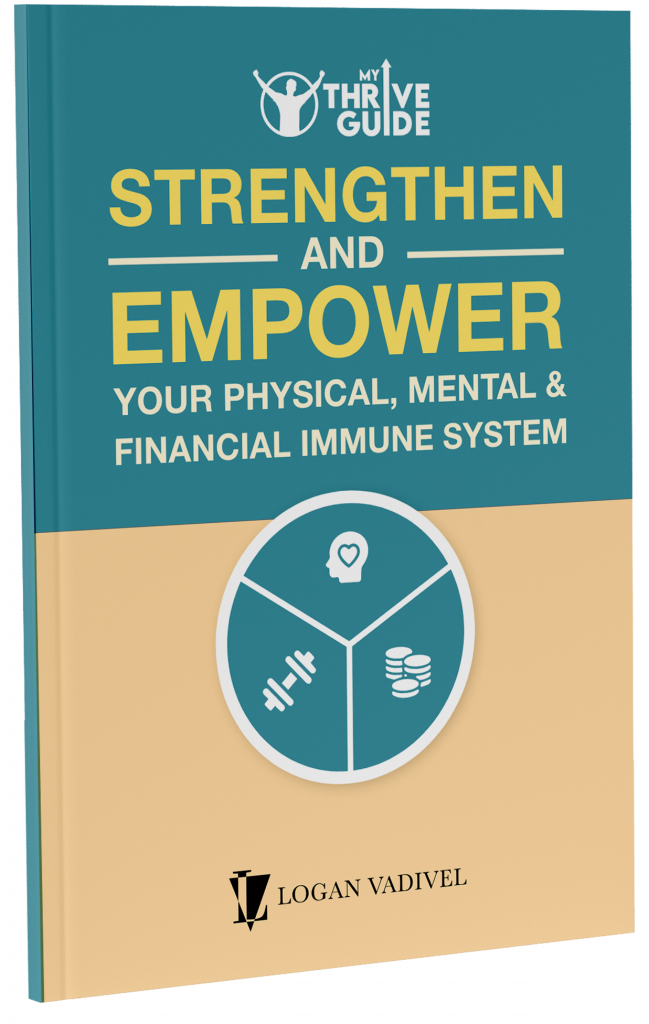Grief is the response to a certain loss or encounter. It can appear due to a wide variety of losses owing to the emotional connection to the thing lost. It can be losing a job, a family member, a pet, or some other material things that hold significant meaning.
Losing a loved one is undeniably the biggest grief for anyone. It is not easy to bear this loss, and it naturally causes grief, sadness, depression, and emotional instability. Everyone has a different reaction to their loss. Some may go through the grieving process easily and come out stronger. Others may face difficulties and need a helping hand. Grieving is not a sign of weakness, rather it signifies the presence of human feelings. Love, care, and appreciation are not feelings which one should be ashamed of.
Everyone deals with grief in their way. It can surely have a heavy toll on a person’s life. As mentioned earlier, some go through it easily, while for others the grief phase can cause significant disturbance in day-to-day activities and wreck inner peace. The effects of grief should be closely monitored and when they cross the line from temporary to permanent, expert help should be sought.
THE UNWANTED EFFECTS OF GRIEF.
Grief has many aspects which make it easily identifiable. Mentioned below are a few aspects where grief can cause some unwanted effects.
1. Emotions.
Grief causes strong emotions. People have disturbed emotions once they start grieving over their loss. Anger, sadness, confusion are all names of disturbing emotions. Many people decide to minimize their emotional outbursts with unhealthy options like drugs, alcohol, smoking, etc. It is advised to seek professional help if anyone feels an inclination towards such things.
2. Spiritual life.
Some people dream about their lost ones. This happens because a strong will exists for the lost person to be present in the current moment. Many people try to visit their choices so far and try to find a new meaning in their lives.
3. Sleeping disorder.
Poor sleep quality is due to complicated grief. More and more studies show the impact of grief on sleep disturbances. Even though the affected person looks asleep, his mind is awake, battling the loss searching for ways to cover the gap.
4. Physical health.
Physical health suffers enormously during the grieving process. The immune system is affected because of insufficient intake of calories. This happens because grief affects the appetite leading to severe weight loss.
THE DIFFERENT TYPES OF GRIEF.
To bring more clarity, there are few types of grief. Some of them are more often appearing than others but they are equally important.
i. Anticipatory Grief.
Anticipatory grief is a reaction to something anticipatory. This however does not make it easier to handle. For example, you have someone in your life that is terminally ill and naturally, you anticipate the worst outcome. Anticipatory grief can be confusing because the grief process starts when the person is still alive. Anticipatory grief can allow you to prepare for the imminent loss, even though it may not happen.
ii. Delayed Grief.
Delayed grief is experienced long after a person has passed away. It is associated with suppressed feelings and avoidance of truth because they refuse or deny the fact that the person is gone.
iii. Exaggerated Grief.
Exaggerated grief includes major psychiatric disorders characterized by extreme grief reactions, including nightmares, self-destructive behaviors, drug and alcohol abuse, etc. In such cases, individuals do not have enough time to cope with the stress they face. This form of grief occurs when a person suffers from multiple losses in a short period causing huge psychological stress.
iv. Masked Grief.
Masked grief is where the person is not able to identify the grief or denies it. The body reacts to the grief and hampers day-to-day activities, but the mind refuses to accept the grief. This type of grief arises when a person decided to push their feelings aside and continue with their life normally.
v. Abbreviated Grief.
Abbreviated grief is short-term grief where a person grieving tends to be in grief for a short period and then moves on with their life. When people choose to move on, the grief disappears quicker than usual.
THE 5 PHASES OF GRIEF.
To understand grief in a more in-depth sense, let us analyze and understand the 5 phases of which grief is made up of.
1. DENIAL.
The first step is the denial of facts. Many people refuse to believe their loss and cannot accept it. This happens due to various reasons, but the main one is their profound love for the lost one and their inability to cope without them. Losing someone is not something that can be easily comprehended. Even the mentally strong ones have issues dealing with this type of loss. Denial is a temporary phase; people eventually move on and continue with the next phase once the dust settles.
2. ANGER.
Facing a loss breeds pain, and many redirect their pain in a way of anger. Anger can be directed towards anything – job, life, school, yourself, etc. This anger phase gives rise to many questions such as: Why did this happen to me? What did I do wrong? Why did I deserve this? The most important thing to remember is that underneath the anger lies pain. Once this is understood and treated, the anger will soon go away.
3. BARGAINING.
In this stage, people find themselves in a situation where they question themselves like: What if I did something to prevent the outcome? If I were present maybe the incident would not have happened. These are examples of common questions which try to postpone the grief effects. They also try to minimize the emotions of sadness, confusion, and hurt.
4. DEPRESSION.
Depression is often referred to as the quiet stage of grief. Many people try to isolate themselves from the world and bear the burden on their shoulders. The burden is way too heavy for an individual to bear it alone, and this is when depression comes in. It is difficult to deal with it alone, though many go through depression and emerge stronger. If you have a hard time battling depression, and you find yourself on the losing side of the battle, it is the right time to seek professional help. Seeking help is not a sign of weakness. You need to accept the facts and try your best to win.
5. ACCEPTANCE.
Acceptance is the last stage of grief. It won’t necessarily be a happy ending, but it does give closure. It means that you have accepted the facts and acknowledged the circumstances and are now ready to move on. Moving on means you will still miss what you lost, but this won’t stop you from moving forward and looking at the bright side of life.
TESTED WAYS TO DEAL WITH GRIEF.
Everyone has their way of dealing with things in life. The same applies to grief. Below you can find some suggestions that may help you deal with grief more easily and calmly.
1. Acknowledge your pain: consider it as the first step towards healing. Accepting your present state is a sign of maturity. In order to heal completely you need to acknowledge your pain.
2. Understand that grief can produce negative emotions: don’t take grief lightly as it has a huge effect on emotional as well as physical health. Many people feel depressed, alone, sad, angry, etc. Though they aren’t permanent, they surely take considerable time to go away.
3. Seek out guidance from closed ones: seeking guidance is another sign of strength. It is not about feeling weak or strong, especially when someone is grieving, it is about getting out of it. Admitting the need for help is among the biggest virtues one can have. Remember that you are not alone in this and that everyone deals with grief in some part of their life. Simply sharing your state of being or listening to someone’s experience might be of great help.
4. Support yourself emotionally: sometimes in life you are your biggest supporter. In trying times you need to understand your needs and values. Take care of your physical and mental health. Stay connected with your feelings as the body keeps sending signals and all you need to do is listen to them.
5. Find new things to do: in difficult times people preoccupy themselves with negative thoughts. Instead they can try to find new things to do in life. This will give them joy and excitement. They will be amazed to discover how a new hobby can shift their mindset from negative to positive.
6. Recognize the difference between grief and depression: there is a marked difference between grief and depression, which when left unidentified can lead to serious complications. Grief tends to loosen up over time whereas depression is more persistent and harder to get away with. Depression is a long term disorder which can cause severe health issues when left untreated.
7. See a licensed psychologist for help: we think we can get away with everything life throws at us. This isn’t true as we are not masters of all trades. When it comes to depression and grief, these are serious subjects which should not be taken lightly. When you feel things are getting out of control, you should seek help from a licensed psychologist. He/she can help you overcome difficulties and assist you in leading a normal life.
4 DIMENSIONS AS A HELPING HAND THROUGH THE GRIEVING PROCESS.
Having the balance of the four dimensions i.e. mind, body, emotions, and energy will surely help to go through grief easier. The ability to stay focused and calm through the grieving process and the ability to control emotions while dedicating energy in the right place is proven to be effective in all types of life situations including grief.
Balancing the four dimensions should not be taken for granted. They are a key factor for not only achieving success, but also for going through difficult times. As depression is one of the stages of grief, it is not necessarily a mandatory stage. If you can bring your emotions and energy to the peak of their performance, accompanied by an extraordinary mind state and fit body state, you can overcome any obstacle including depression. You have the power to minimize the casualties of bad times.
It is very important to understand that the aim of mastering the four dimensions of this specific case is not to avoid feeling sad for someone you have lost; rather it is about going through it a lot smoother than you would without mastering the four dimensions. Feeling sad or missing someone is a part of life, and no power can stop that. There is a way to cope with the loss and accept the inevitable truth. Mastering the four dimensions can bring calmness and serenity in difficult times, no matter how strange that may sound. Even then, if you feel that you need an outside factor to help you out through the phases you are going through, you should not hesitate and seek help from an expert or professional.
Whatever happens in life, remember that all is temporary. When you are experiencing lovely moments, be present in them and enjoy them fully. When you experience hard times in life, remember that they are not a permanent state and that better days are on the horizon. Always remember that tough times don’t last but tough people do! Stay calm and look at the bright side of life, no matter how hard it seems.








